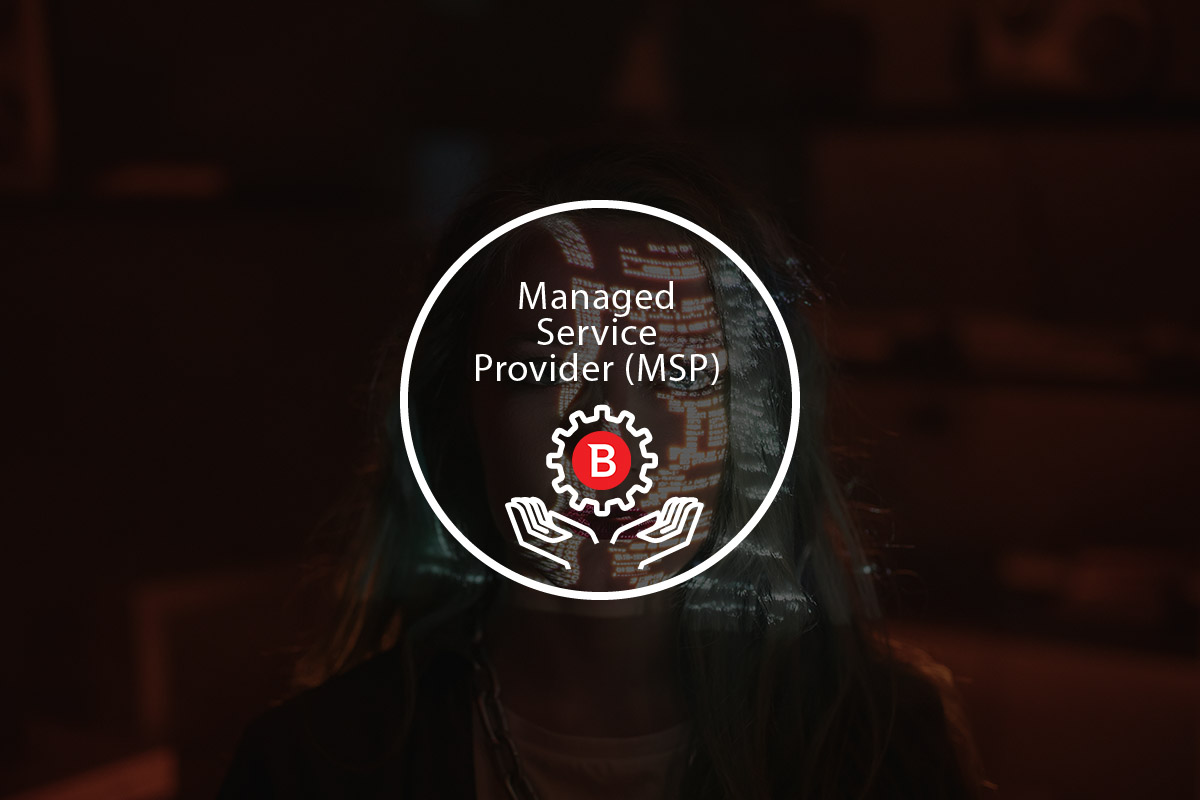Why You Might Consider Working With an MSP to Obtain Cyber Insurance

Cyber insurance is quickly becoming one of the most essential cybersecurity services available to an organization. Unlike traditional services that offer defense, proactive threat hunting, or reactive remediation, cyber insurance helps alleviate the financial costs and burdens that can come from a data breach or another form of security compromise.
The cyber insurance market, however, is maturing — how cyber insurance can be obtained and even its pricing is changing. Organizations who are still in the market for cyber insurance must become aware of these market shifts and adapt their process accordingly.
Due to these new developments, additional security vendors and partners are now offering support and guidance, helping organizations find, procure, and ready themselves for cyber insurance. Managed service providers (MSPs), focused on cybersecurity, are a class of vendors who have expanded their services, making them an attractive partner for organizations who don’t have cyber insurance and who may be able to benefit from the managed services these MSPs provide.
Here’s what you need to know about working w/ an MSP to get cyber insurance:
What’s changed in the cyber insurance industry
One of the most important changes to be aware of in the cyber insurance market is that costs and premiums are increasing. Cyber insurance exists to cover customers’ costs incurred due to security compromises like a data breach and ransomware attacks.
But over the last few years, these costs have skyrocketed. Because cyber insurers have had to cover so many payouts in recent years, they’re increasing their price and setting minimum security requirements companies must meet before they’re able to purchase cyber insurance.
These requirements include:
- Enabling MFA/2FA within the organization: This prevents a large portion of automated attacks and reduces the risk of account compromise.
- Having an AV, firewall, and malware detection: These are fundamental security tools designed to prevent spam and malware attacks from easily getting into your network.
- Having an endpoint detection and response (EDR) tool: This is a more advanced tool that keeps organizations much more proactive when it comes to finding and responding to threats.
These are the most common requirements but if you are vetting any cyber insurance providers, make sure you know exactly what they require from potential customers.
In general, these technologies will help reduce the risk that an organization will experience a severe data breach so if you’re missing one of these tools, consider using them, even if you’re not in the market for cyber insurance.
Another development in the cyber insurance industry is an incentive for customers to boost their security posture. Depending on an organization’s security tech stack, they may even be able to lower their security premiums. By demonstrating a commitment to cybersecurity and a material reduction in the risk, cyber insurance companies can comfortably lower their costs, knowing the risk of a huge data breach has been, to an extent, mitigated.
Because there have been these new requirements and incentives based on market shifts, organizations do need additional support and guidance if they’re in the market for cyber insurance. A key vendor to consider here are managed service providers (MSPs) who can help with the cyber insurance procurement process in addition to offering cybersecurity support.
How an MSP can help your organization find cyber insurance
Depending on how strapped your security department is for time or resources, you may want to enlist the help of an MSP for security services and to help you find the right cyber insurance partner.
What is an MSP?
An MSP varies widely across different vendors in terms of the service they provide but they can generally be considered an outsourced or extension of a security and/or IT department. They offer support and management across a number of network and infrastructure services and can be expected to provide key tools and technologies to help with cybersecurity.
Depending on how much of a cybersecurity MSP they are, they can also serve as an organization’s external security operations center (SOC), providing 24/7 support and responding to alerts and compromises accordingly.
An MSP can be a key asset for organizations who don’t have the resources to build up a robust security department or who need additional security support. The same is true if an organization needs support across their IT department as MSPs usually spread out their services across IT and cybersecurity.
MSP and cyber insurance
You can leverage an MSP to help with the cyber insurance purchasing process in the following ways:
- They can simplify the search process: If you’re already working with an MSP or considering it, you also be able to vet the cyber insurance companies they’re partnering with, meaning you don’t have to take the time to look for one.
- They’ll help your organization meet cyber insurer requirements: An MSP that’s partnered with a cyber insurance company is likely to be quite familiar with the cyber insurance procurement process already and can provide guidance on the overall process and requirements. That means the MSP can essentially bring your organization up to speed and compliance for cyber insurance and for general security posture improvement.
- They can help lower the cost of cyber insurance: A key benefit that leads many organizations to working with MSPs is the promise of leveraging technology partners and solutions recommended by the MSP. This not only helps organizations likely meet any minimum requirements (especially if the MSP is working with a cyber insurer) but any additional technology might help lower the cost of cyber insurance premiums.
Whether you’re currently working with an MSP or are considering working with one, take the time to find out whether they offer services related to cyber insurance procurement and how hands-on they can be in helping you find, purchase, and work with a cyber insurance provider. Also be aware that just because the MSP offers cyber insurance services, it does not mean you’re automatically covered by them or their partner simply by working with the MSP.
An MSP should be considered for cyber insurance and beyond
While an MSP can be helpful for any organizations who may find themselves struggling with the cyber insurance process, an MSP may be a necessary partner for services beyond the cyber insurance procurement process. Given today’s threat landscape and the cybersecurity pressures organizations’ face, a key MSP partner may significantly boost the security posture of an organization.
This is especially important if an organization’s security gap lies in their existing technology stack. Many security-minded MSPs can help provide the right security tools and services, which, in addition to their security benefit, helps organizations meet any cyber insurance security minimums.
As cybersecurity becomes an increasingly important part of an organization’s overall risk and compliance management, these key partners are worth investing in.
Learn more about Bitdefender’s MSP service and view our on-demand webinar to hear more about GravityZone MSP security.
tags
Author

Josue Ledesma is a writer, filmmaker, and content marketer living in New York City. He covers cyber security, tech and finance, consumer privacy, and B2B digital marketing.
View all postsRight now Top posts
FOLLOW US ON SOCIAL MEDIA
SUBSCRIBE TO OUR NEWSLETTER
Don’t miss out on exclusive content and exciting announcements!
You might also like
Bookmarks












